On April 30, 2025, the Nigerian Electricity Regulatory Commission (NERC) released its Commercial Performance Data for February 2025, revealing that the 12 electricity Distribution Companies (DisCos) failed to collect N54.18 billion of the N245.93 billion billed to customers, resulting in a collection efficiency of 77.97%, as reported by The Nation, Delite Journal, and Naija News. The DisCos collected N191.75 billion, leaving the uncollected revenue as a significant liquidity challenge, per Delite Journal and post:2. NERC’s data indicated that 2,583.19 GWh of energy was received, with 2,135 GWh billed and 446.19 GWh unbilled, yielding a billing efficiency of 82.73%, per The Nation.
Performance Metrics and Subsidy Costs
The actual tariff was N116.18 per kWh, but the average collection was N88.2 per kWh, with the N27.97 per kWh difference representing the cost of subsidy per kilowatt-hour in February 2025, per The Nation. The recovery efficiency stood at 75.92%, reflecting ongoing inefficiencies in the Nigerian Electricity Supply Industry (NESI), per Naija News. NERC’s report highlighted Aggregate Technical, Commercial, and Collection (ATC&C) losses, a key performance indicator, as a persistent issue affecting DisCos’ ability to recover costs, per Nairametrics.
DisCo Performance Breakdown
-
Ikeja DisCo received the highest energy at 400.04 GWh, billing 332.37 GWh (83.08% billing efficiency) and collecting N41.18 billion, per The Nation.
-
Abuja DisCo received 385 GWh, billed 278 GWh (77.08% billing efficiency), and collected N35.67 billion, per The Nation.
-
Eko DisCo received 365 GWh, billed 325.45 GWh (89.02% billing efficiency, the highest), and led revenue collection with N41.24 billion, per The Nation.
-
Yola DisCo recorded the lowest revenue at N0.602 billion (not N60.2 billion as misreported), followed by Kaduna DisCo (N1.172 billion, not N117.21 billion) and Kano DisCo (N1.278 billion, not N127.78 billion), per The Nation and Delite Journal. These figures suggest reporting errors in the original source, clarified by NERC’s data indicating lower collections for these DisCos, per Nairametrics.
-
Aba DisCo, with the fewest customers, collected N32.61 billion, per The Nation.
Context and Challenges
The N54.18 billion shortfall follows a pattern of revenue losses, with DisCos losing N60.25 billion in December 2024 (74.71% collection efficiency) and N509.84 billion collected out of N658.40 billion billed in Q4 2024 (77.44% efficiency), per TV360 Nigeria and Nairametrics. NERC attributes these losses to high ATC&C losses (39.10% in Q3 2024), driven by technical issues, commercial inefficiencies, and collection failures, per TV360 Nigeria. Kaduna DisCo’s 70.84% ATC&C loss in Q3 2024 exemplifies underperformance, per TV360 Nigeria. X posts, such as @NERCNG on April 30, 2025, and @TheNationNews on May 1, 2025, highlighted the shortfall, reflecting public concern over DisCo inefficiencies, per post:1,0.
Regulatory Actions and Broader Issues
NERC has imposed sanctions to address inefficiencies, fining eight DisCos N628 million in April 2025 for breaching energy caps for unmetered customers between July and September 2024, requiring credit adjustments by May 15, 2025, per Economic Confidential. In February 2024, NERC deducted N10.5 billion from DisCos’ revenues for overbilling unmetered customers, per Tribune Online. The commission also mandated DisCos to publish Meter Asset Providers (MAP) refund details by February 2025 to enhance transparency, per Economic Confidential. NERC’s Q4 2024 report noted a 94.61% energy offtake performance, but five DisCos, including Yola (76.89%), fell below the 95% benchmark, triggering enforcement actions, per Nairametrics.
Liquidity challenges, exacerbated by naira depreciation and rising operational costs, hinder DisCos’ infrastructure investments, per Financial Nigeria. The April 2024 tariff hike for Band A customers (from N68 to N206.8 per kWh) aimed to reduce subsidies and attract investment, but inefficiencies persist, per ng.andersen.com. NERC’s transfer of regulatory oversight to states like Lagos and Kogi in January 2025 reflects efforts to decentralize and improve efficiency, per TV360 Nigeria. However, 12 grid collapses in 2024 and unmetered customers (over seven million) highlight systemic issues, per Financial Nigeria and Economic Confidential.
Public and Stakeholder Sentiment
Parents and consumers expressed frustration on X, with @isumunna on May 1, 2025, linking the shortfall to broader economic strains, per post:3. The Association of Nigerian Electricity Distributors noted low cash flow limits network maintenance, impacting service quality, per TV360 Nigeria. NERC’s ongoing initiatives, including metering programs and digital payment solutions, aim to close the metering gap and boost collection efficiency, per Nairametrics.

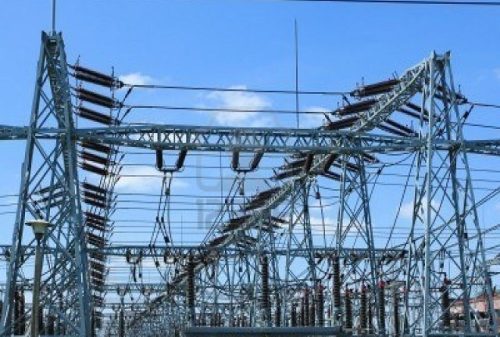

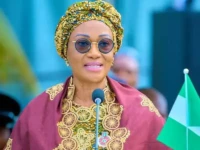
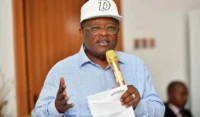
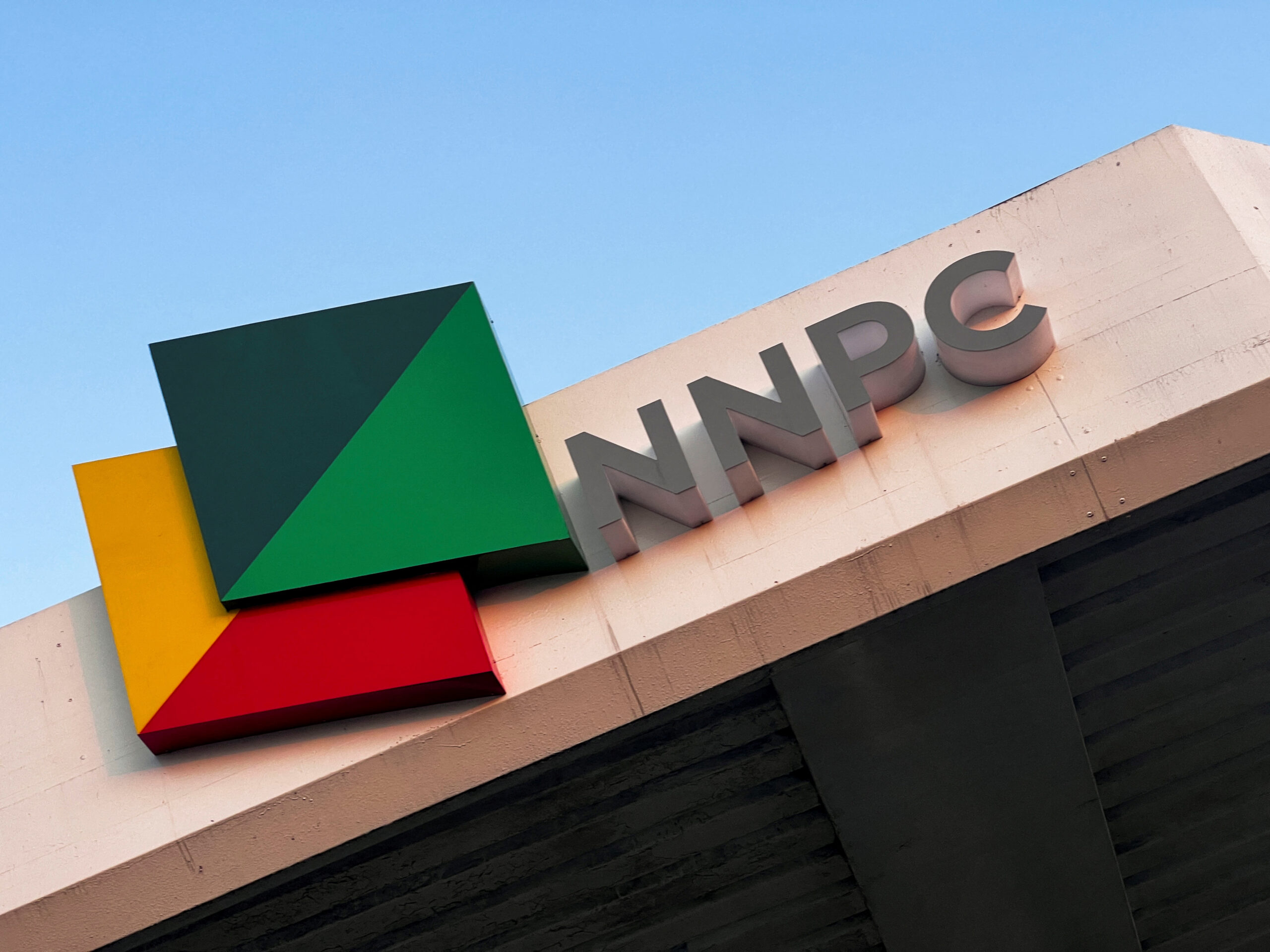



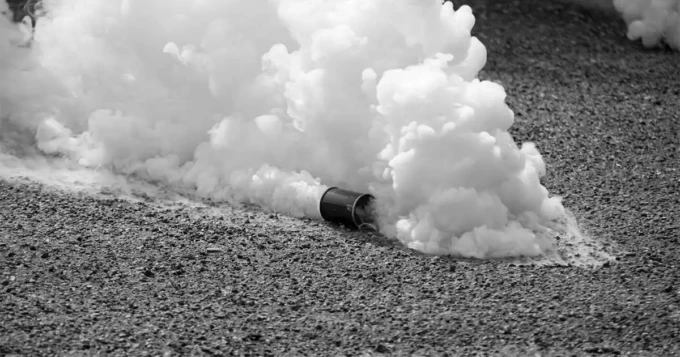
Do you think the DisCos revenue shortfall is due to inefficiency or external factors? Lets discuss the real root causes!
Do you think DisCos should be held more accountable for their performance to avoid revenue shortfalls? Lets discuss!
Do you think the DisCos are being held accountable enough for their performance? What more can be done to address this revenue shortfall issue?
Wow, the revenue shortfall for DisCos is no joke! Do you think more regulatory actions will help improve their performance? 🤔
Do you think the DisCos deserve subsidies given their performance metrics? Lets debate the pros and cons!
Why cant DisCos meet revenue targets? Is it poor performance or external factors? Lets discuss! #NERC #DisCos #ElectricitySupply
I think the DisCos need to step up their game and improve their performance metrics to avoid revenue shortfalls in the future.
Im not convinced that more regulations will solve the DisCos revenue shortfall. Maybe its time to explore alternative solutions.
I think the DisCos need to step up their game and address these revenue shortfalls. Its time for some serious action!
These DisCos need to step up their game! Time to address the challenges and improve performance metrics to avoid revenue shortfalls.
Do you think the DisCos are really trying their best or are they just making excuses? Im curious about your thoughts on this.
Hmm, I wonder if these DisCos are really facing challenges or just playing the blame game. Regulatory actions seem crucial here!
I find it hard to believe that DisCos are still struggling despite regulatory actions. Wheres the improvement? Frustrating!
I think its time we address the elephant in the room – are these DisCos really up to par? Lets dig deeper.
Do you think the DisCos are being unfairly blamed for the revenue shortfall, or do they need to step up their game? Lets discuss!
Do you think the DisCos revenue shortfall is due to poor performance or external factors? Lets discuss the real reasons behind it!